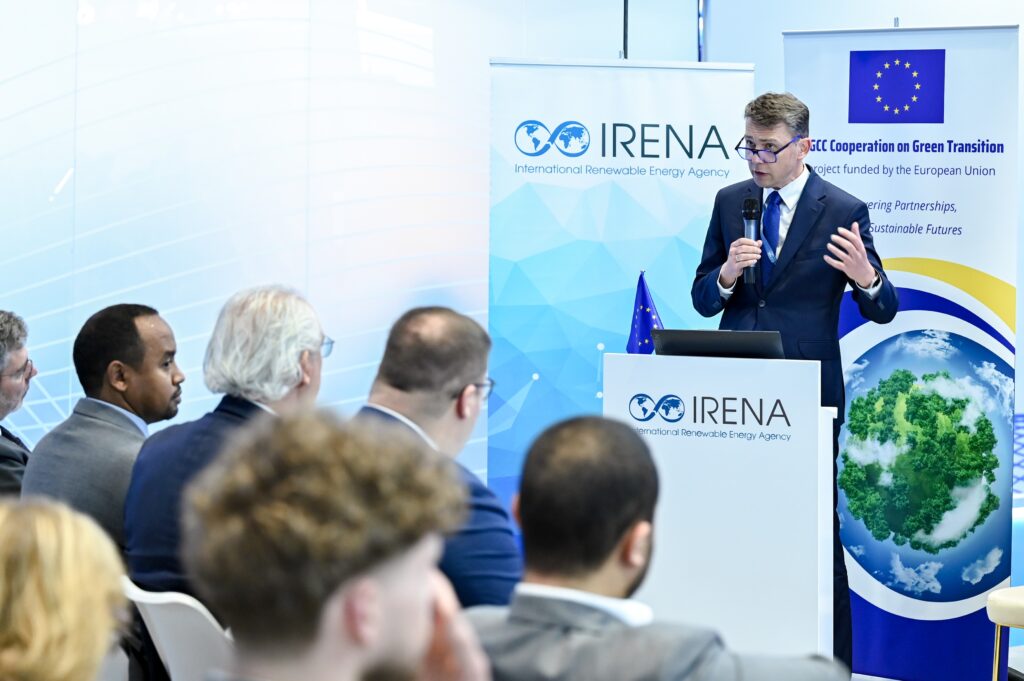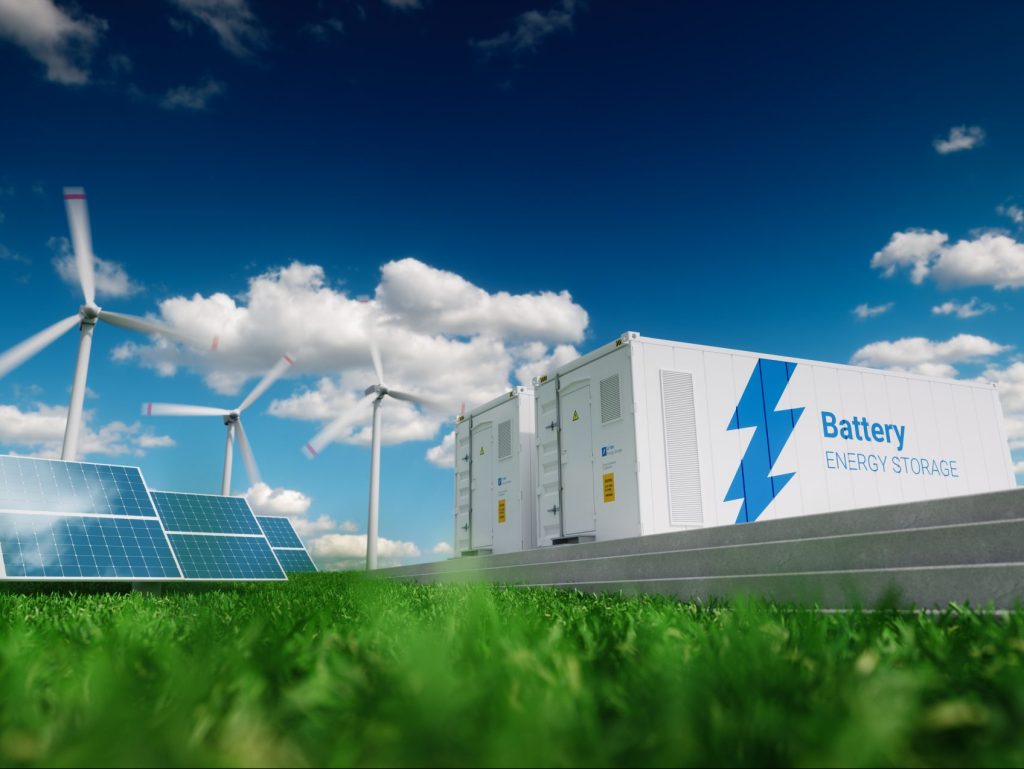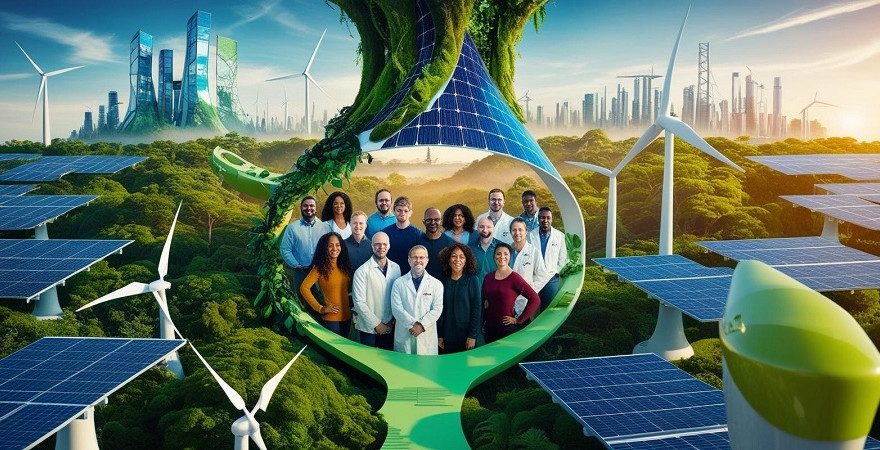GCC renewable energy projects are gaining unprecedented momentum across the Gulf Cooperation Council (GCC) countries. As climate concerns and energy demands rise globally, GCC nations are joining forces to explore clean energy solutions, diversify their economies, and secure sustainable energy for the future. This regional collaboration reflects a significant shift from traditional oil dependence toward a greener and more resilient energy landscape.
The GCC, composed of Saudi Arabia, the United Arab Emirates, Kuwait, Qatar, Bahrain, and Oman, has been historically known for its oil and gas exports. However, the region’s leaders recognize the pressing need to embrace renewable energy. Collaboration on renewable projects offers the GCC a unique opportunity to share knowledge, reduce costs, and accelerate innovation while positioning itself as a global leader in clean energy.
Why GCC Renewable Energy Projects Matter
The GCC region faces unique challenges and opportunities in energy:
- High energy consumption: Rapid urbanization and industrialization have increased demand for electricity.
- Abundant renewable resources: The region is blessed with plentiful sunlight and wind, ideal for solar and wind energy projects.
- Global sustainability commitments: The GCC nations are aligning with the United Nations Sustainable Development Goals (SDGs) and international climate agreements.
GCC renewable energy projects not only address these challenges but also create economic opportunities, reduce carbon emissions, and foster technological advancements.
Major Collaborative Initiatives Across the GCC

1. Solar Power Expansion
Solar energy is at the forefront of GCC renewable energy projects. Countries like the UAE and Saudi Arabia are investing heavily in large-scale solar parks.
- UAE’s Mohammed bin Rashid Al Maktoum Solar Park in Dubai is one of the largest solar parks in the world, expected to produce 5,000 MW by 2030.
- Saudi Arabia’s Sakaka Solar Power Plant represents the kingdom’s first major step into renewable energy, with a capacity of 300 MW.
These projects demonstrate how the GCC countries are adopting solar energy at a commercial scale. Collaborative efforts include joint research, shared financing models, and knowledge transfer to maximize efficiency.
2. Wind Energy Projects
While solar energy dominates the region, wind energy is emerging as a valuable addition to the renewable mix:
- Oman’s Dhofar Wind Power Project and Bahrain’s proposals for coastal wind farms highlight the potential for tapping wind resources.
- Regional collaboration helps in developing shared technologies and expertise, reducing reliance on external consultants and equipment suppliers.
Wind energy complements solar power by providing electricity during non-sunny hours, creating a balanced and reliable energy supply.
3. Regional Grid Integration
One of the most promising aspects of GCC renewable energy projects is the integration of electricity grids across countries.
- The GCC Interconnection Authority facilitates energy exchange between member countries.
- A shared grid ensures excess renewable energy from one country can be distributed to another, optimizing energy use and reducing waste.
This interconnected approach strengthens energy security and promotes economic cooperation, making renewable energy projects more viable and cost-effective.
Benefits of GCC Renewable Energy Collaboration
Collaboration among GCC countries brings multiple benefits:
- Economic Growth: Investment in renewable energy creates jobs, supports local industries, and encourages private sector participation.
- Energy Security: Diversifying energy sources reduces dependence on fossil fuels and shields economies from oil price fluctuations.
- Environmental Protection: Renewable energy reduces greenhouse gas emissions and supports climate change mitigation goals.
- Knowledge Sharing: Collaborative projects foster innovation and technological advancement across the region.
- Global Leadership: By working together, GCC nations can set an example for other regions on sustainable development.
Challenges and Solutions

While GCC renewable energy projects hold great promise, challenges remain:
- High initial costs: Large-scale solar and wind projects require significant upfront investment.
- Technological expertise: Advanced renewable energy systems require specialized skills.
- Regulatory differences: Each country has its own energy policies, which can slow cross-border collaboration.
Solutions include:
- Forming public-private partnerships to reduce financial burdens.
- Creating regional training programs to build local expertise.
- Harmonizing regulations and standards to facilitate cross-border projects.
By addressing these challenges, the GCC can accelerate its renewable energy agenda efficiently.
Future Outlook
The GCC is set to become a renewable energy powerhouse. By 2030, many GCC nations aim to generate a significant portion of electricity from clean sources.
- Saudi Arabia’s Vision 2030 includes generating 50% of energy from renewables.
- UAE’s Energy Strategy 2050 targets 44% clean energy contribution.
- Collaborative research in energy storage, smart grids, and hydrogen technology will further enhance regional capabilities.
GCC renewable energy projects are not just about energy—they are about shaping a sustainable future, strengthening regional cooperation, and creating economic resilience in the face of global energy transitions.
Conclusion
GCC renewable energy projects are transforming the energy landscape of the Gulf region. Through collaboration, shared expertise, and innovative strategies, the GCC is building a sustainable energy ecosystem that balances economic growth, environmental responsibility, and technological advancement.
These projects show that when nations work together toward a common goal, they can achieve outcomes that benefit not only their citizens but also the global community. With continued commitment, the GCC will not only meet its energy needs but also set a standard for renewable energy development worldwide.
Do Follow Gulf Magazine on Instagram
Also read: UAE Unveils Smart AI Buses to Cut Emissions by 20%



